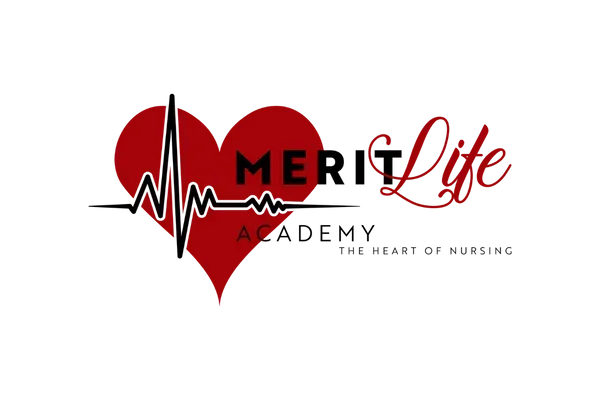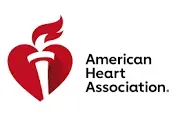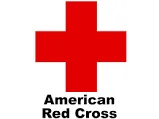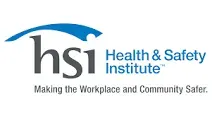BECOME A CERTIFIED
NURSING ASSISTANT
• FAST! EASY! FUN!
• AFFORDABLE
• FACE TO FACE SKILLS LAB
• APPROVED CLINICAL SITES NEAR YOU

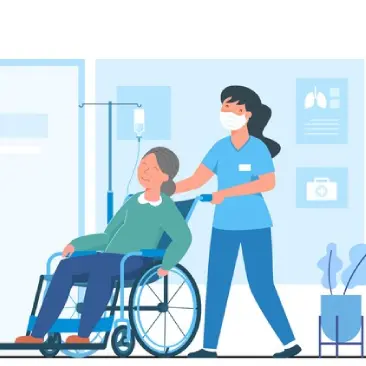


WHO WE ARE
MERITLIFE ACADEMY
We exist to provide access to quality Healthcare instruction to everyone, anytime and anywhere.
FAST-TRACK YOUR CAREER WITH
FUN AND ENGAGING
CLASSES
At MeritLife Academy, we understand that life is fast-paced, so is our learning approach. Our program is designed to equip you with the essential skills needed to excel as an aide in a short amount of time, without compromising on quality or enjoyment.
We welcome you to the Heart of Nursing with this blended learning program, we hope you will enjoy the virtual classroom with skills lab and clinical component at MeritLife Academy.

OUR SERVICES
& FACILITIES
MeritLife Academy offers nurse aide training services in different facilities in this region to match the students' geography for their clinical experience. We are so excited to share our love of direct patient care with you.
Regulations
& Certifications
MeritLife Academy is approved and regulated by the Texas Workforce Commission, Career Schools and Colleges, Austin, Texas, and Texas Health and Human Services, Austin, Texas. We strive to offer the best training experience to our students and prepare them to offer excellent health care.


MERITLIFE ACADEMY OFFICERS-STAFF

JOHN GRUBER
Administrator-Financial Officer-Owner
John Gruber, Chief Financial Officer, Administrator, and Owner, brings over 20 years of expertise in administration and accounting. His experience spans notable roles with Sunnyland Software and Whistle Junction, where he has demonstrated a steadfast commitment to operational excellence and strategic financial planning.

BETTY GRUBER RN
Director-Instructor-Owner
Betty Gruber, RN, brings over 30 years of nursing experience, specializing in long-term care and education. Dedicated to sharing knowledge and fostering compassion, she is committed to guiding the next generation of nurses and aides.
MAILING LIST
